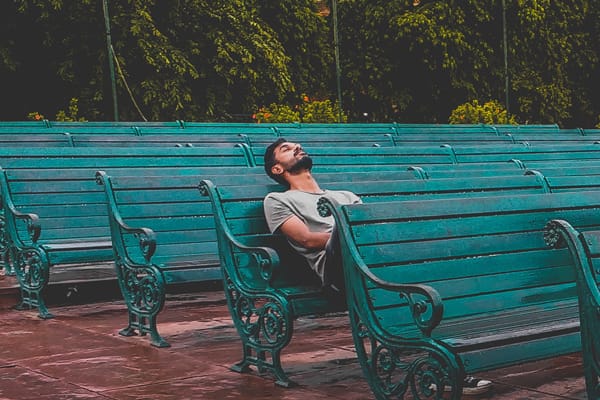The importance of self-awareness when adapting TO change
| Part 1 of 3 |

Whether it is chosen or thrust upon you, change brings with it
both opportunities and turmoil.
- William Bridges -
Our world has changed dramatically!
How we live, connect, communicate, work, socialize, worship and learn has been disrupted by a virus. As things grind to a halt, we begin to make sense of the impact this pandemic is having on our daily lives.
Humans are creatures of habit; thriving on predictability and routine helps us feel in control. Uncertainty brought on by watching the rate of infection and death toll increase daily, understandably creates anxiety and feelings of being overwhelmed, frustrated and stressed by this life-altering, life-threatening change.
Acknowledging the fear and dealing with the emotions associated with the impact of this virus on our current reality, is necessary if we are to adapt to this extreme change. And adapt we must if we want to survive.
So how do we adapt in the face of all this uncertainty? It starts with finding HOPE.
According to William Bridges, a well-known author and Organisational Change specialist, whether it is chosen or thrust upon you, change brings with it both opportunities and turmoil. When change disrupts our lives, leaving a ‘big hole’ at our feet, we look for a way to ‘get over’ it.
In his book “The Way of Transition: Embracing Life’s Most Difficult Moments” (2001), Bridges offers a pathway to navigate through difficult change called The Transition Model. This model is a three-phase process of adjusting to change – the end, the neutral zone and the new beginning.
In this case, COVID 19 is the end stage, which means letting go of comfortable patterns and habits. Lockdown has forced us to let go of our established way of life; to adjust our life patterns or face the consequence of being exposed to the virus. If our priority is to remain safe and healthy, we need to accept the situation for what it is and adapt.
In the next phase, Bridges describes the neutral zone as ‘crossing a street’. Moving from one side of the road (the ending phase) to the other side of the road (the beginning phase). Moving away from the comfort of routine, order and certainty, to a state of ‘chaos’, disorder and uncertainty, is scary. Understanding the feelings of anxiety, distress, confusion, and the loss that you may experience are normal after letting go.
There is no clear boundary between the neutral zone and the new beginning. As you adapt to life after letting go of your old ways and establish a new routine by creating new habits, you will find different, even novel ways to adjust to your new way of life.
As you explore and experiment with different ways to adapt to your changing circumstances, your way of thinking also starts changing, looking for opportunities to ease the ‘pain’ that this change brings as you embark on your new beginning.
This pandemic was not something any of us chose. But knowing what’s at stake if we don’t, we have no choice but to adapt to our ‘new reality’. In this unsettling time, there is an opportunity to ignite your power of HOPE and develop your level of self-awareness, allowing you to have greater control over your thoughts, feelings and behaviours when adapting to change.
Contributor: Dorothy Fernandez
Change Management Specialist at Omni HR Consulting
Related Posts
Having discovered our motivation (“Why”), and laid out core principles (“How”), we finally turn to “What” we do and how it translates into business success.
Most companies and people know “how” they do what they do. A carpenter knows how to sand wood. Similarly, a company knows how it sells its product. The “How” …
Personally, I do not believe that the traditional approach to training and development will support long-term future sustainability for either the Skills…
